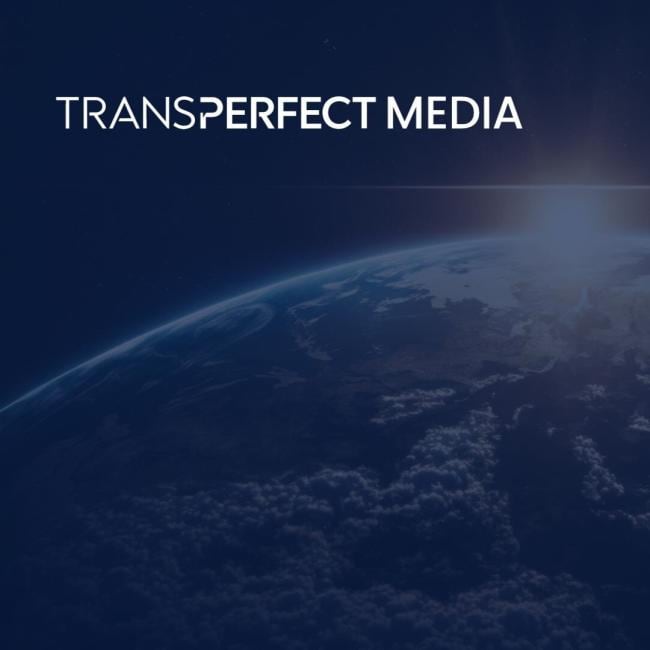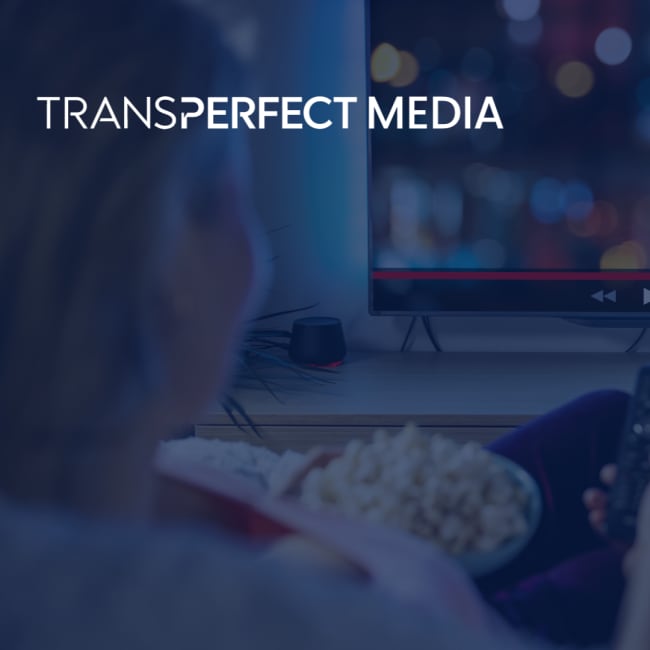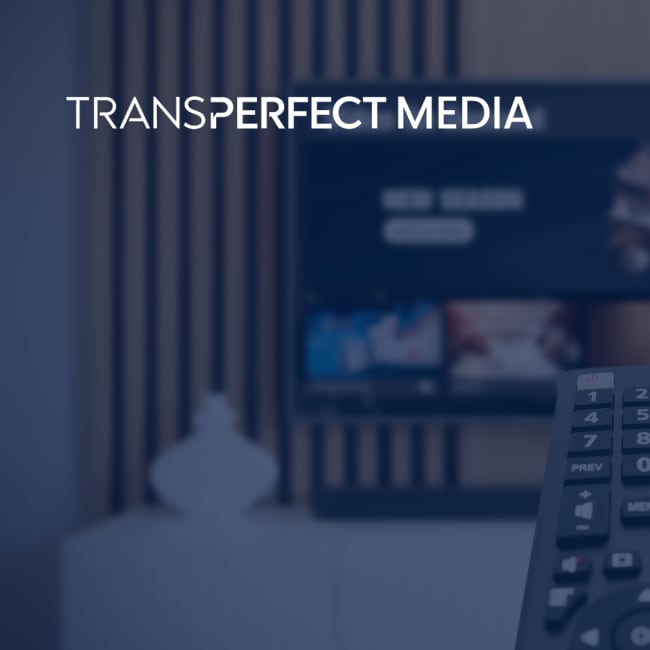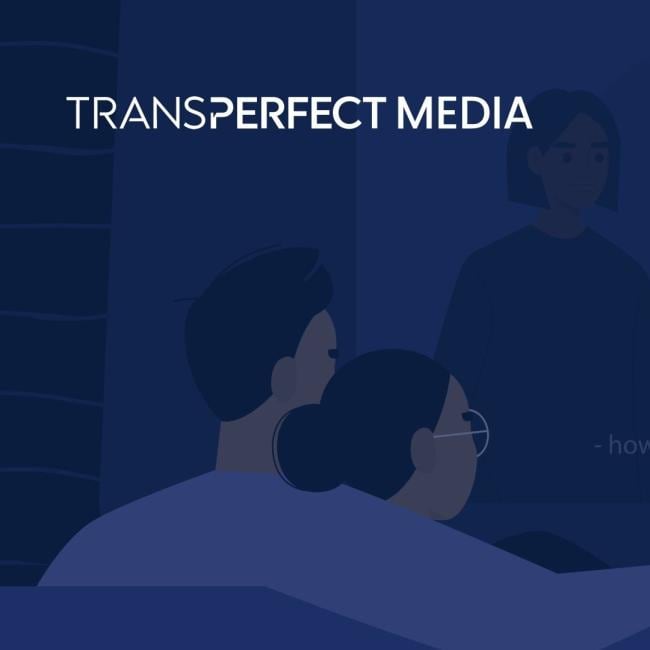Physical vs. Cloud Recording: Is It Even a Question?


Cloud dubbing is the latest craze and, when it comes to crazes, you always have to take a stand. If you are not for it, then you are against it.
This reminds me of the endless discussions about tubes versus transistors, CD versus vinyl, or 35mm film roll versus digital cameras (an even better comparison, as the smart phone arrived as the third contender and stole the grand prize).
We like opposing things and concepts. And we’ll probably continue to do so as not one thing has all the advantages of two systems combined. This is why, despite what is being used by a vast majority of people, small groups of aficionados or high-level professionals continue to use older systems like tube amps for their guitars, vinyl for their turntables, or 35mm roll films for their shoots.
Here, we are discussing physical recording versus cloud recording.
Physical Recording
From the actors’ standpoint, it could seem obvious that they prefer the cozy atmosphere of a recording studio, where the sound engineer will do their best to make them feel comfortable, place their microphone, provide their text on a stand, and adjust the lights to the perfect setup.
But everything has a price.
Actors need to commute to the studio and wait for the previous session to finish. If they have two or three sessions during the day, they have to go from one studio to the other, a commute that in the major cities can vary from 30 minutes to more than one hour of travel time. If the first session was a pleasure, the second one is already less enjoyable, and the last one is on the verge of being, to say the least, difficult.
Obviously, the actor doing their recording remotely in the cloud would not have to commute, which could allow him to participate in more sessions, earn more money, and even practice his instrument between sessions, if they are also a musician.
Remote and Cloud Recording
There are multiple types of remote recording.
One type of remote recording is when the actor is recording from home, but the engineer is dialed in. This setup provides a similar experience to the physical studio approach.
The second type of remote recording is in the cloud, which eliminates the need for the engineer to be present during the recording session. The actor controls the recording, which goes to a server to then be edited and mixed. This is the model of our proprietary platform StudioNEXT.
Advantages of Cloud Recording
The main advantage of being in the cloud is that the actor doesn’t need to record at a certain time, as the editor or mixer will have access to their work in the StudioNEXT server when the recording is completed.
Another huge advantage of cloud recording is that, unlike in a physical studio, many actors can record at the same time in the same StudioNEXT session. Instead of having five actors recording for one hour in a studio one after the other, they can record their parts at the same time. The math is deceptively simple: one, two, five, or 10 characters recording for one hour in a StudioNEXT session is still one hour.
Recording in the cloud also eliminates constant juggling with schedules for actors, directors, and engineers. Think about the complexity of aligning the physical studio, which is rented by the hour, and the schedules of the creative and technical team.
On top of simplifying the process, the cloud platform will capture data that we can use to improve the overall quality of the recording. How many takes does an actor need to record a line, or how many times was he too close to the mic and created some clicks or pops? This is important data for what I call continuous improvement for actors and directors.
In these times of constant monitoring of our activity by all kinds of smart watches, it’s time to monitor what happens in a recording session. No one has the time and resources to collect and document this data in a physical studio session. In the cloud, data can be collected in real time, which could be used to train AI algorithms of the future to better an actor’s performance. And let’s be clear, this is not big brother watching you—this is continuous improvement by utilizing a virtual teacher to show you where you can improve.
The Winner: Cloud Recording
So, are we done with this discussion? It looks like the cloud is a clear winner. Yes, this is the future and more and more recording will be done this way—and not only because of the pandemic.
But as with all the previous examples, you’ll always have a case where you need to be with the actors for a very special role, or you need to achieve a stellar quality recording to be released in special places with a special sound system, and the list goes on.
Without taking a hard stand on the question, it seems obvious that cloud recording offers huge advantages, but let’s not ignore the few special cases where the old system will be needed. Like the fountain pen, it will probably never die.
If you want to learn more about our cloud recording capabilities and the markets that we currently service, please email us at medianext@transperfect.com.



